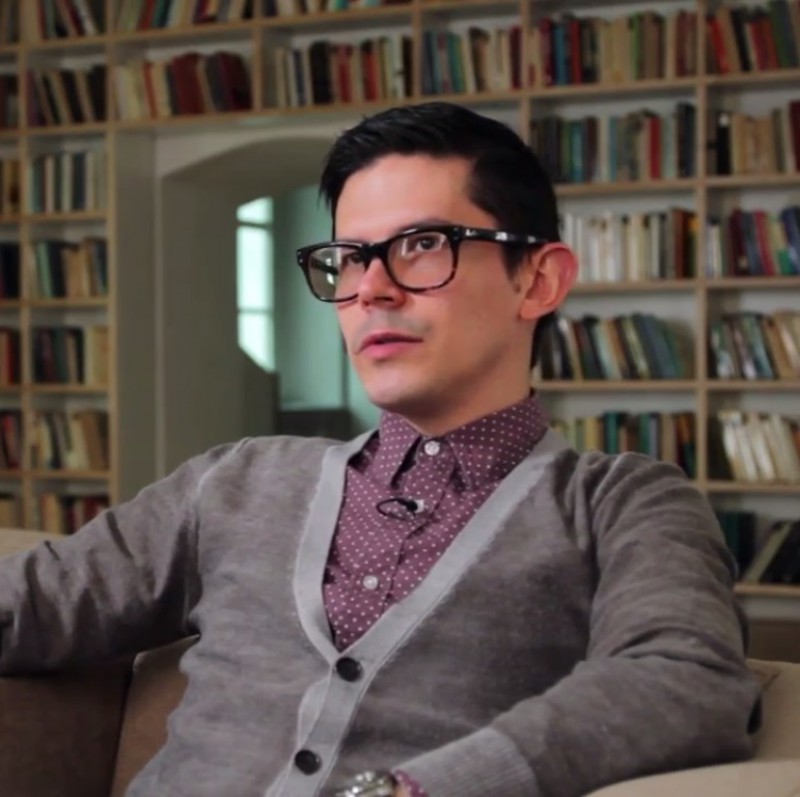KLI Colloquia are invited research talks of about an hour followed by 30 min discussion. The talks are held in English, open to the public, and offered in hybrid format.
Join via Zoom:
https://us02web.zoom.us/j/5881861923?omn=85945744831
Meeting ID: 588 186 1923
Spring-Summer 2026 KLI Colloquium Series
12 March 2026 (Thurs) 3-4:30 PM CET
What Is Biological Modality, and What Has It Got to Do With Psychology?
Carrie Figdor (University of Iowa)
26 March 2026 (Thurs) 3-4:30 PM CET
The Science of an Evolutionary Transition in Humans
Tim Waring (University of Maine)
9 April 2026 (Thurs) 3-4:30 PM CET
Hierarchies and Power in Primatology and Their Populist Appropriation
Rebekka Hufendiek (Ulm University)
16 April 2026 (Thurs) 3-4:30 PM CET
A Metaphysics for Dialectical Biology
Denis Walsh (University of Toronto)
30 April 2026 (Thurs) 3-4:30 PM CET
What's in a Trait? Reconceptualizing Neurodevelopmental Timing by Seizing Insights From Philosophy
Isabella Sarto-Jackson (KLI)
7 May 2026 (Thurs) 3-4:30 PM CET
The Evolutionary Trajectory of Human Hippocampal-Cortical Interactions
Daniel Reznik (Max Planck Society)
21 May 2026 (Thurs) 3-4:30 PM CET
Why Directionality Emerged in Multicellular Differentiation
Somya Mani (KLI)
28 May 2026 (Thurs) 3-4:30 PM CET
The Interplay of Tissue Mechanics and Gene Regulatory Networks in the Evolution of Morphogenesis
James DiFrisco (Francis Crick Institute)
11 June 2026 (Thurs) 3-4:30 PM CET
Brave Genomes: Genome Plasticity in the Face of Environmental Challenge
Silvia Bulgheresi (University of Vienna)
25 June 2026 (Thurs) 3-4:30 PM CET
Anne LeMaitre (KLI)
KLI Colloquia 2014 – 2026
Event Details

Topic description / abstract:
In this talk, I will layout a research roadmap for understanding some key aspects of human normative cognition. This roadmap aims to clarify the connection between the human psychology for social norms and the emergence of cultural complexity and large-scale cooperation in our species. The talk will be divided into two parts. In the first part, I will propose that this form of norm psychology was the result of the coevolution of ape-like capacities for instrumental rationality and distinctively human capacities for what is known as ‘shared intentionality’. This coevolutionary process allowed the emergence of a capacity to share normative standards with others, but it also led to different forms of normative disagreement. In the second part, I will put forward a research agenda that aims to understand the consequences that the underlying psychology of moral disagreement has for the expansion of cooperation in large, culturally complex societies. Social norms are known to play a key role in the emergence and maintenance of human cooperation. But normative disagreement has destabilizing effects. Here, I put forward two psychological factors that may drive those effects: our metanormative intuitions about the objectivity of normative disagreement, and the carry-over effects that disagreement in a normative domain may have on other social domains.
Biographical note:
Ivan Gonzalez-Cabrera recently completed his Ph.D. in Philosophy at the Australian National University supervised by Professor Kim Sterelny. He has been Research Student in Professor Yoshiyuki Hirono’s lab at the University of Tokyo and Research Fellow at the Max Planck Institute for Evolutionary Anthropology under Professor Michael Tomasello’s supervision. He was Writing-Up Fellow at the KLI in 2016. His research focuses on the intersection between biology and psychology, and their philosophical implications. Most of his previous work has been concerned with issues about normative cognition, with a secondary interest in causal and physical cognition. As a KLI Postdoctoral Fellow, he is currently working on normative disagreement and its role in the emergence of large-scale cooperation and cultural complexity in humans.


